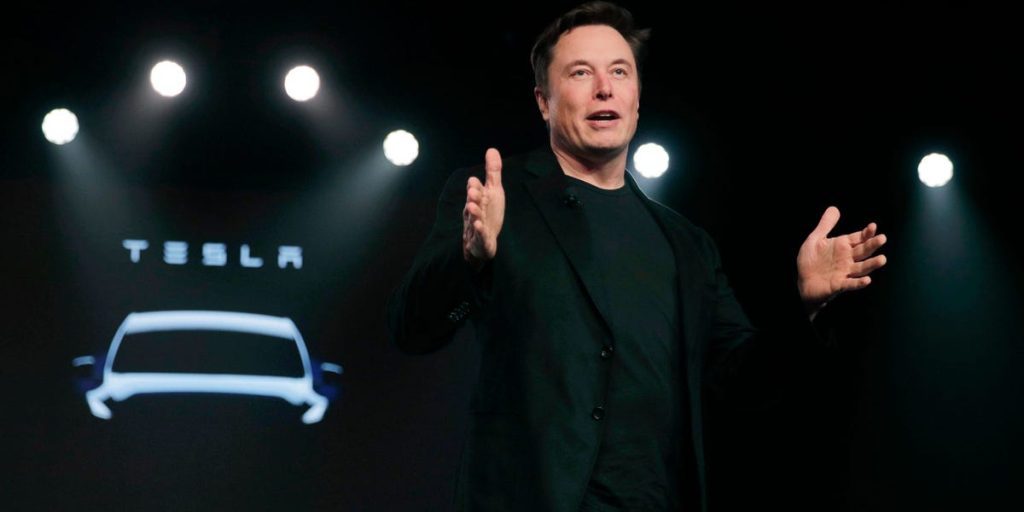Tesla’s board is warning shareholders they risk losing Elon Musk as CEO if they don’t pass his $1 trillion pay package.
In a letter to shareholders sent on Monday, Tesla chair Robyn Denholm said that Tesla was at a “critical inflection point,” adding that failing to pass the compensation package could lead to Musk stepping away and Tesla losing “significant value.”
“The fundamental question for shareholders at this year’s Annual Meeting is simple: Do you want to retain Elon as Tesla’s CEO and motivate him to drive Tesla to become the leading provider of autonomous solutions and the most valuable company in the world?” wrote Denholm.
The proposed pay package, which is set to be put to a shareholder vote at Tesla’s annual meeting next week, was unveiled last month after Musk’s previous compensation plan was struck down by a Delaware judge.
To unlock the full payout, which could be worth as much as $1 trillion over the next decade, Musk needs to hit a series of ambitious milestones, including shipping 1 million Optimus robots and increasing Tesla’s market capitalization to $8.5 trillion by 2035.
The compensation plan has faced pushback. Proxy firms ISS and Glass Lewis both recently issued guidance advising shareholders to vote against the package, prompting Musk to criticize them as “corporate terrorists” during Tesla’s earnings call last week.
“I just don’t feel comfortable building a robot army here and then being ousted because of some asinine recommendations from ISS and Glass Lewis,” Musk said.
Related stories
In the letter to shareholders, Denholm said that Musk may “give up his executive position” if Tesla fails to adequately compensate him, adding that this could cause Tesla to lose value as a “transformative force” in the fields of AI and robotics.
“While there may be nothing wrong with being just another car company, our Board believes that Tesla can be more, that our shareholders deserve more, and that Elon is the right leader to help us achieve our full potential,” Denholm wrote.
The compensation plan would also see Musk’s stake in Tesla rise from 13% to nearly 29%.
Musk has frequently said he wants more control over Tesla as the company expands its Optimus humanoid robotics program, and Denholm told CNBC in a Monday interview that growing his stake was the Tesla CEO’s primary concern.
“He’s been very consistent in that view, in terms of having enough influence over the vote at Tesla in the future so that bad things can’t happen with the AI. So it’s less about compensation and more about the voting influence,” she said.


